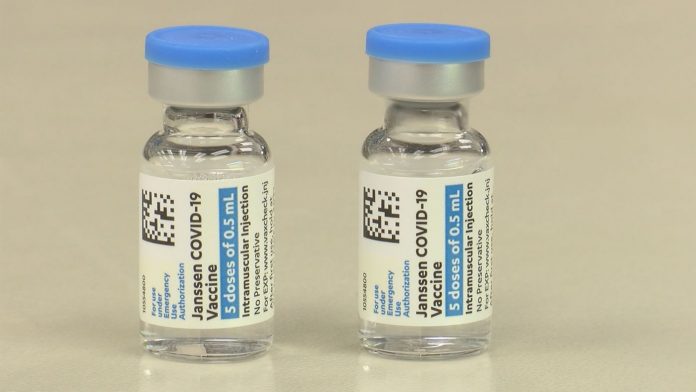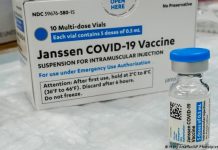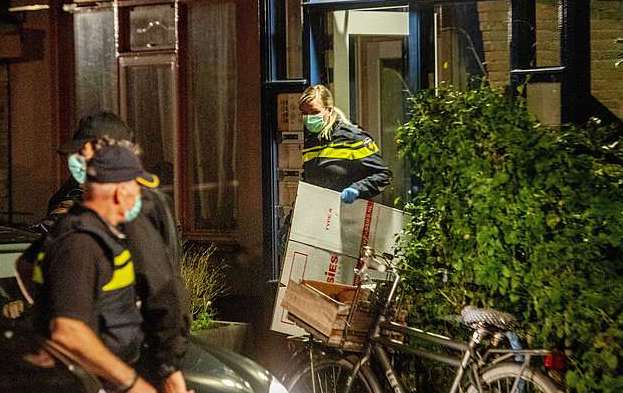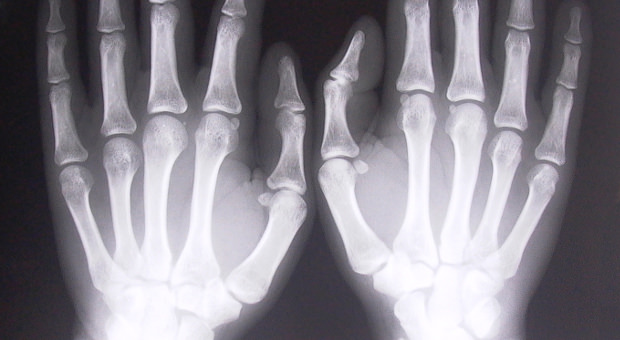As the FDA and the CDC put a pause in distribution of the Johnson and Johnson vaccine, in Gainesville, doctors are urging you to remain calm.
30-year-old Arielle Zazik got her Johnson and Johnson vaccine three and a half weeks ago.
“I originally was hoping to get Pfizer or Moderna, but I’d rather be part of the solution and be one of the vaccinated,” said Zazik.
Her symptoms were chills, a fever, and extreme fatigue. But two days later, her symptoms and worries were gone. But Tuesday, the FDA and the CDC announced that six women developed rare blood clots shortly after getting the vaccine, raising eyebrows. UF Health epidemiologist, Dr. Kartik Cherabuddi, said these cases are rare.
“We don’t entirely know what’s triggering that,” said Cherabuddi. “But it seems to be linked to maybe the adenovirus vector that’s used.”
All six cases occurred among women between the ages of 18 and 48 and symptoms occurred 6 to 13 days after vaccination. If you have already received the vaccine, Dr. Cherabuddi said not to worry but be aware of any symptoms.
“Don’t start taking aspirin or other drugs at this time,” said Cherabuddi. “Don’t change your medications. It is still a very rare scenario.”
Almost 7 million people have already received the Johnson and Johnson vaccine, and so the chances of getting these blood clots remain low. Dr. Cherabuddi said the risk is still higher to get COVID than getting these blood clots.
“If you have a vaccination scheduled, please go ahead and get vaccinated,” said Cherabuddi.
As for Zazik, she isn’t too concerned.
“At this point, I think the bigger threat was COVID,” said Zazik. “So to know I’m not going to die of COVID-19 is enough for me to get a vaccine.”













